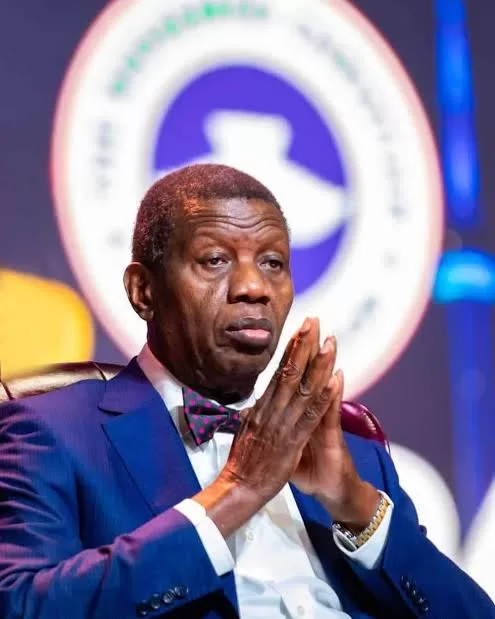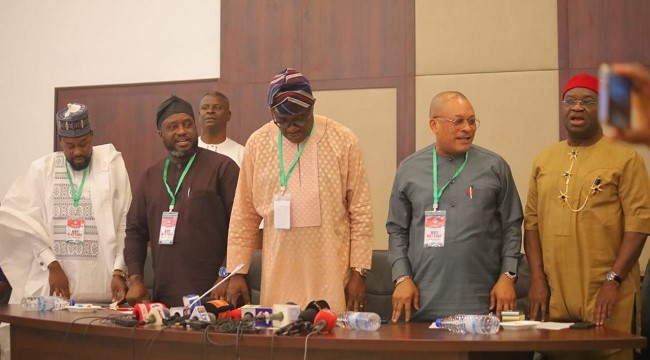China has ramped up efforts to ban the flaunting of wealth on social media platforms, aligning with President Xi Jinping’s vision of “common prosperity.” This campaign aims to reduce social and economic disparities by promoting healthier online behaviors.
Major Chinese platforms such as Douyin (China’s TikTok), Weibo, and Little Red Book have actively participated in this crackdown. Thousands of posts and accounts showcasing luxurious lifestyles have been removed. Notable accounts like “Wanghongquanxing,” known for displaying luxury items and properties, have been shut down. Influencers such as “Bogongzi” and “Baoyujiajie,” who prominently featured extravagant consumption and jewelry collections, have also seen their accounts suspended.
The Chinese Cyberspace Administration has underscored that such content could negatively influence the younger generation by encouraging materialism and a disdain for the less affluent. The administration emphasizes that promoting rational spending and a civilized lifestyle online is crucial for fostering a healthier community.
This initiative has sparked mixed reactions among netizens. Supporters view the displays of wealth as vulgar and damaging, agreeing with the need for a more positive online culture. Critics, however, argue that removing such content does not address the underlying wealth gap in society. They contend that transparency about wealth can sometimes serve as an aspiration or simply entertainment.
Oreoluwa is an accountant and a brand writer with a flair for journalism.





























